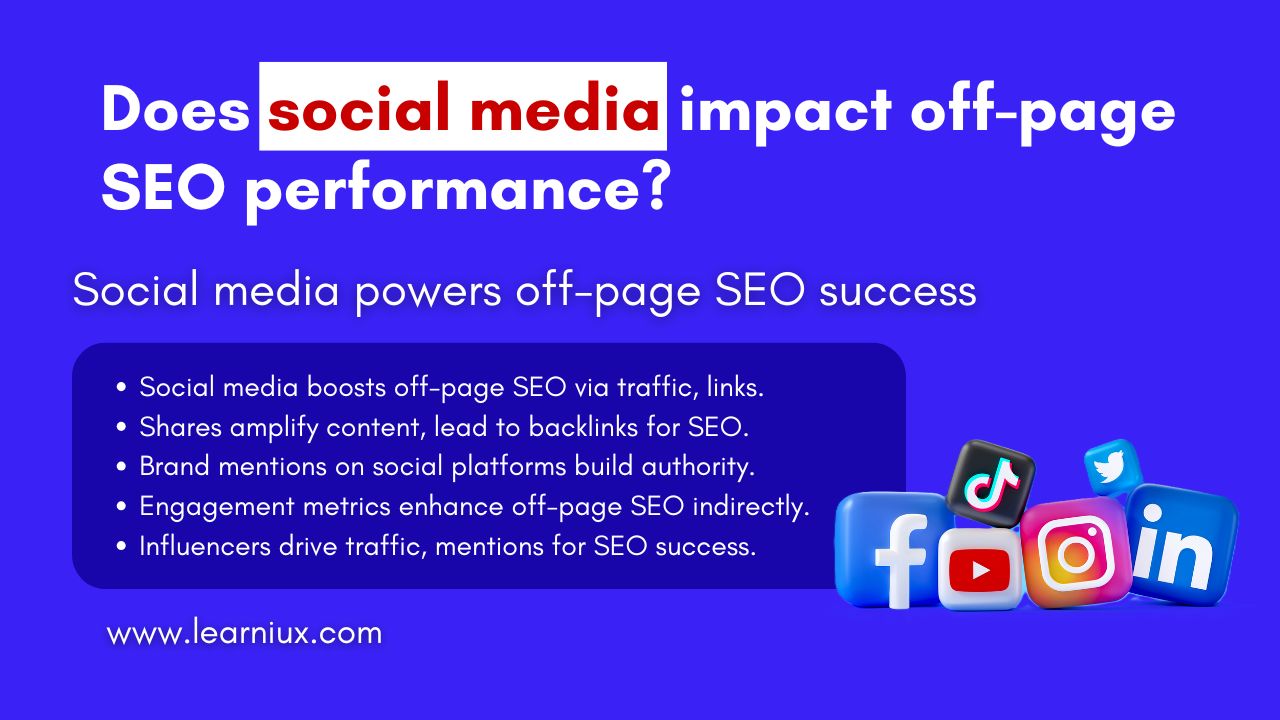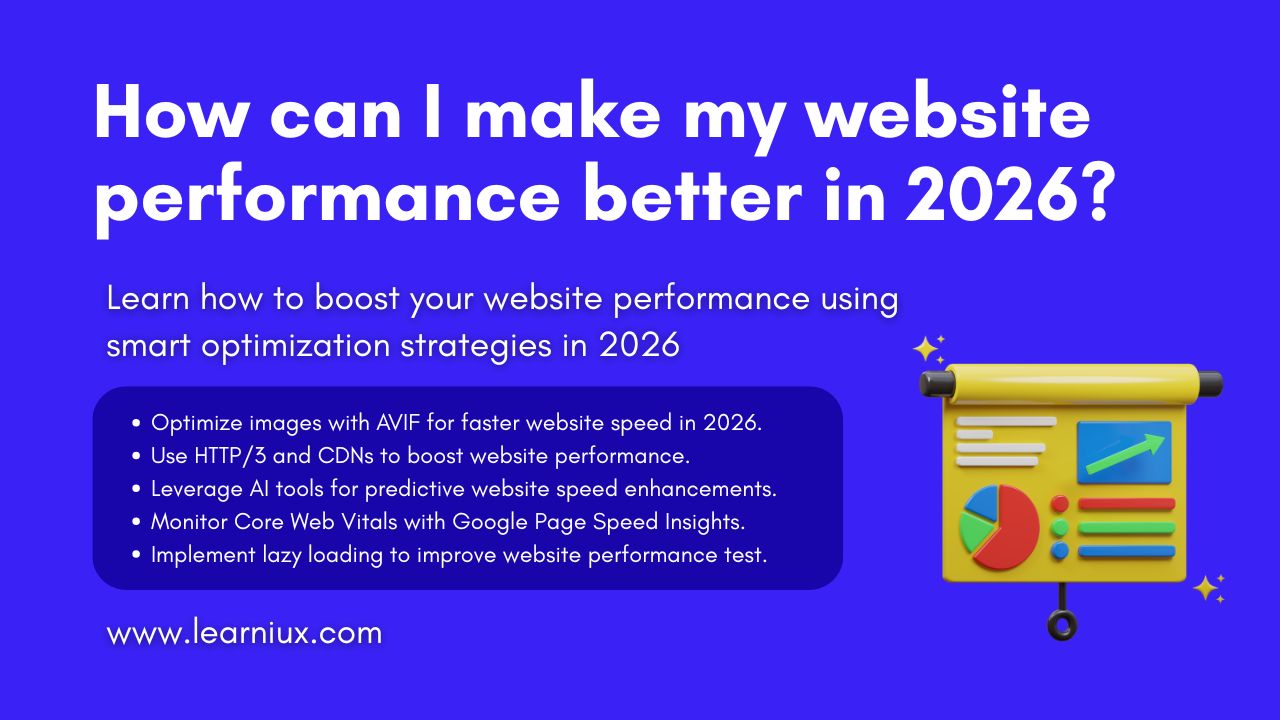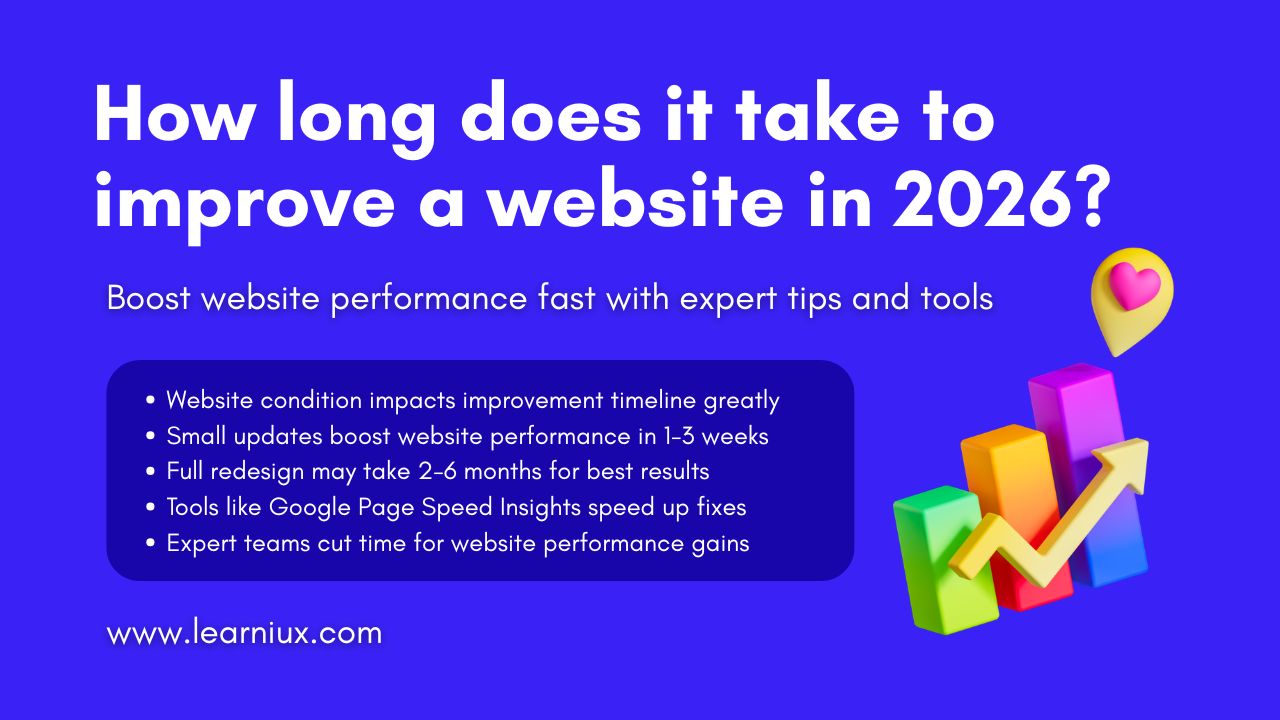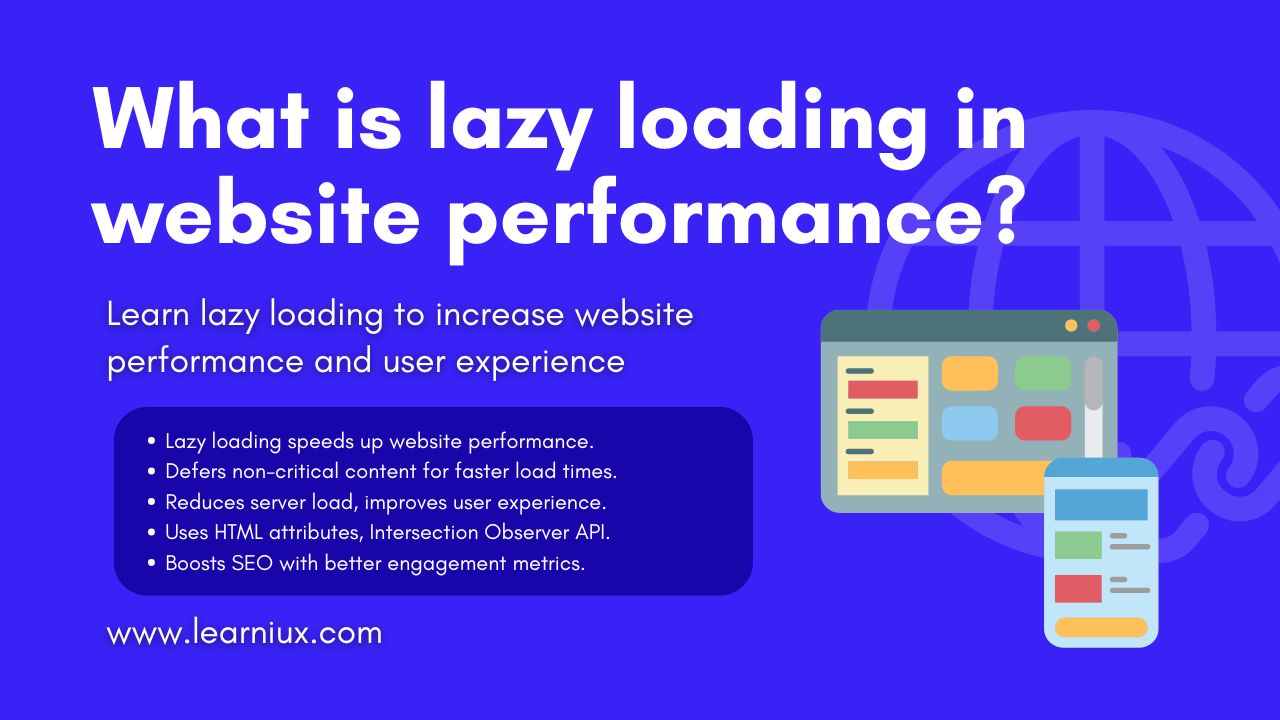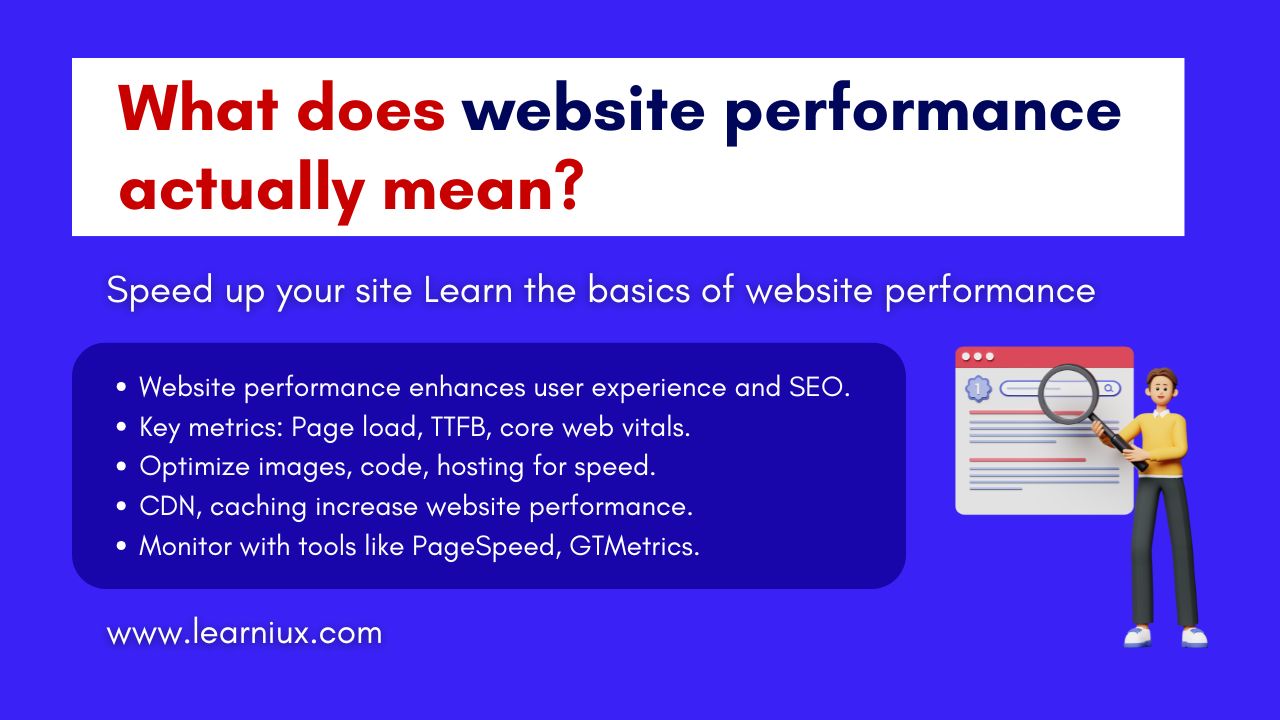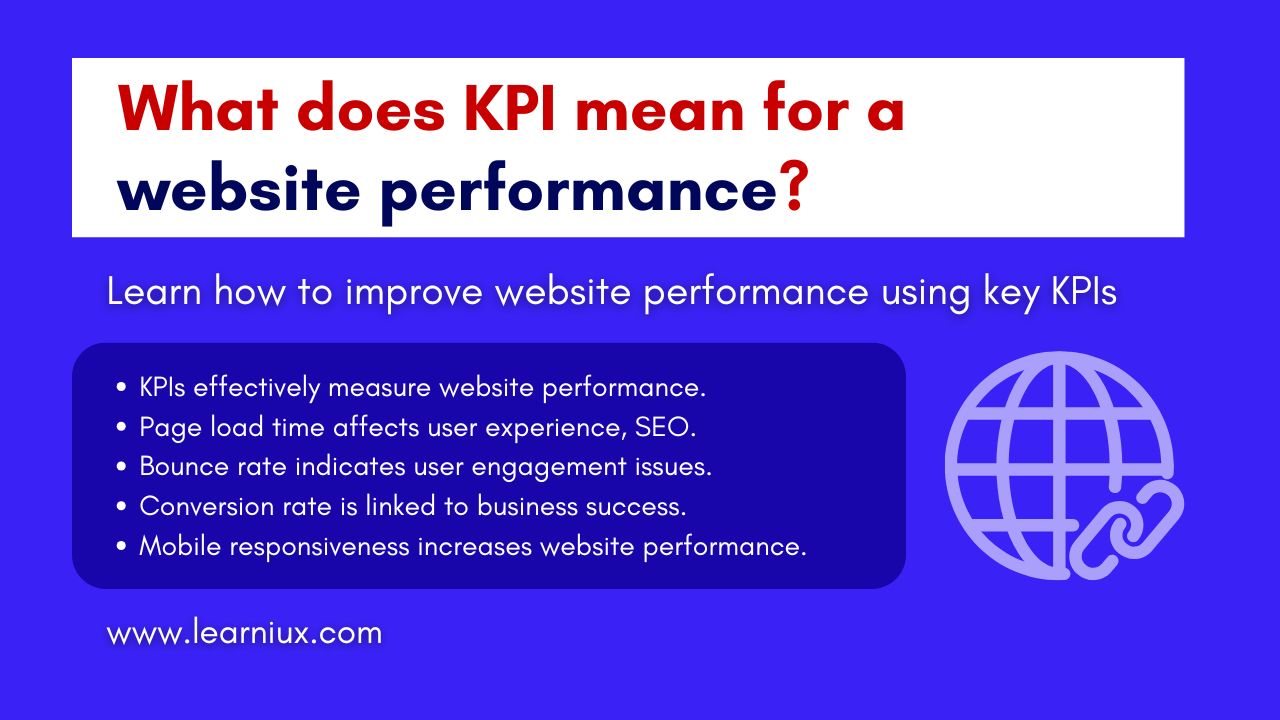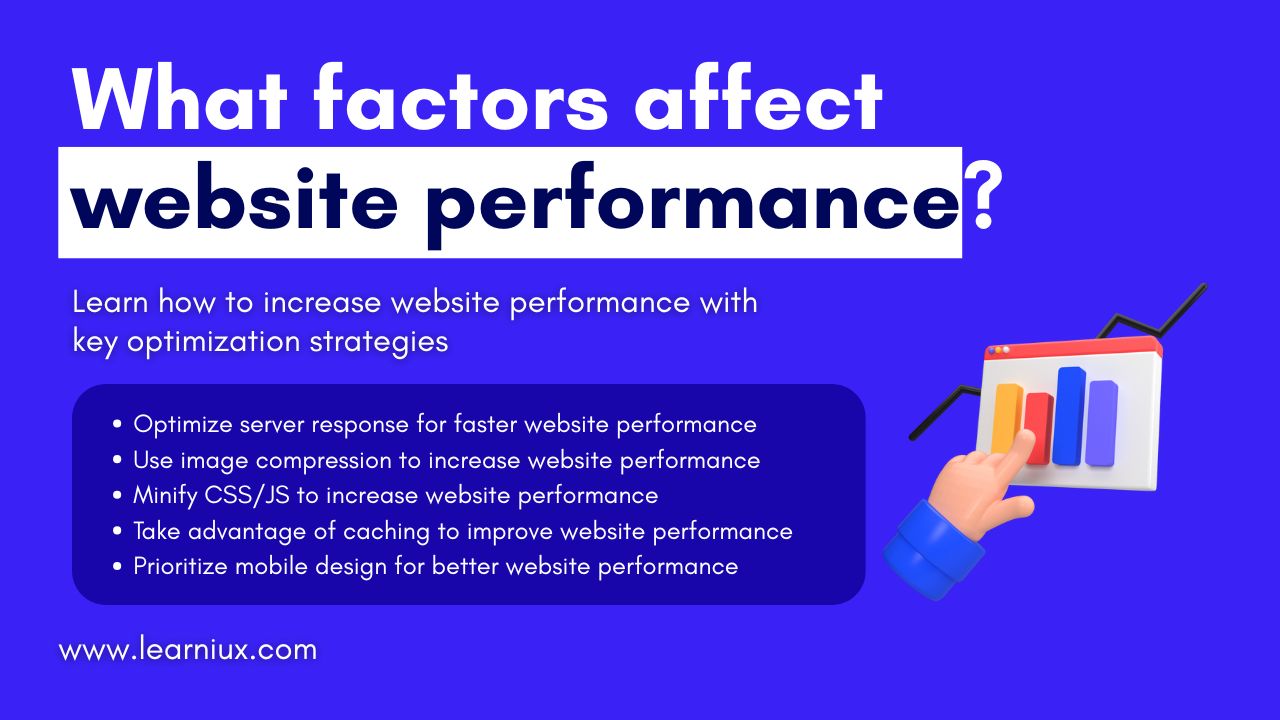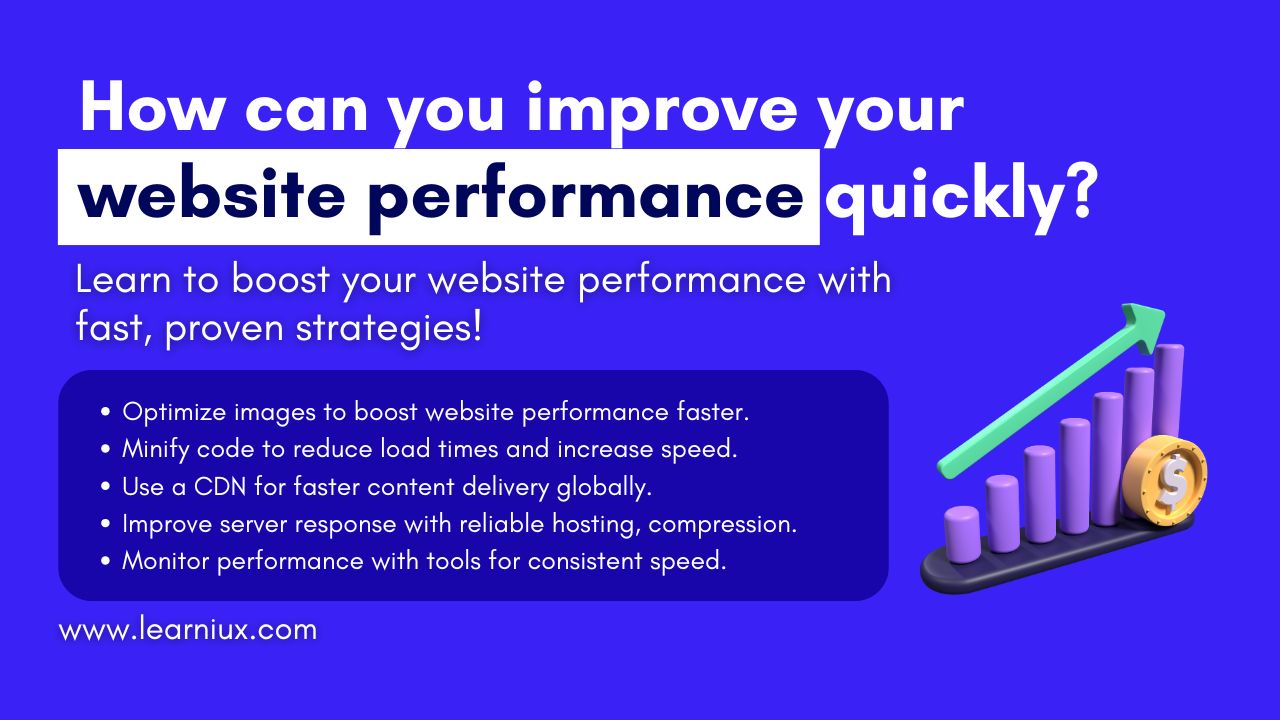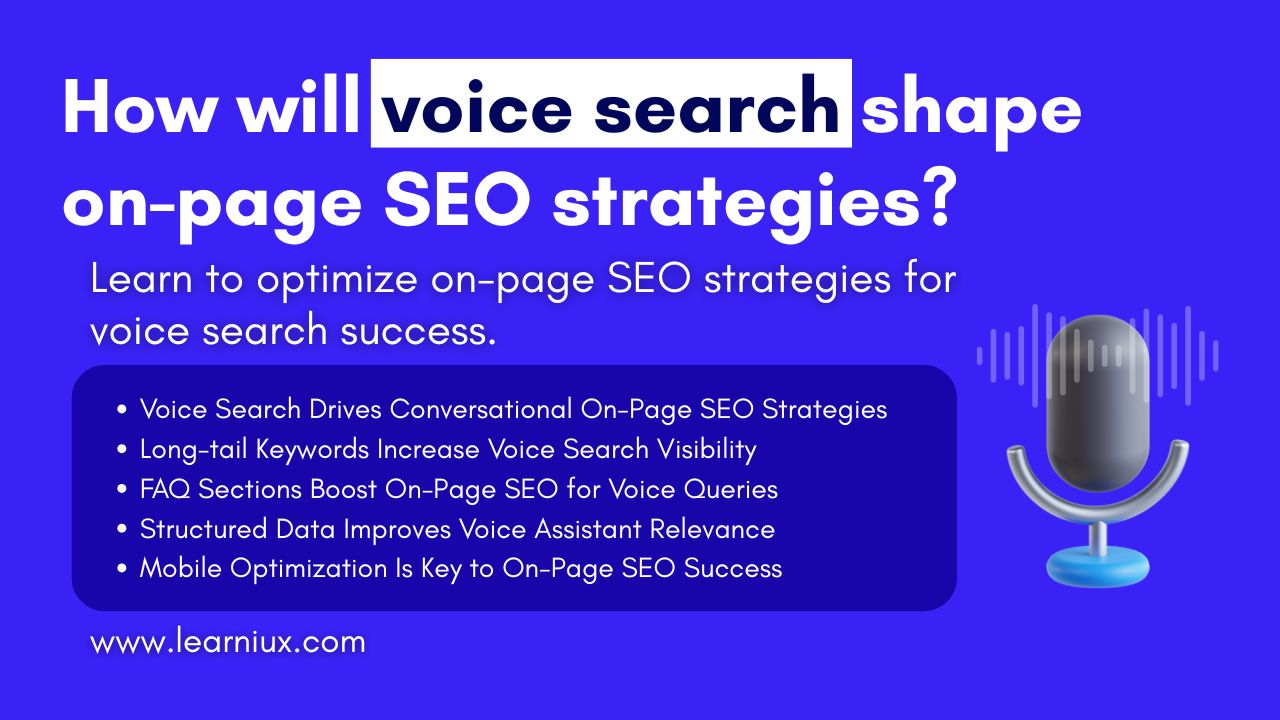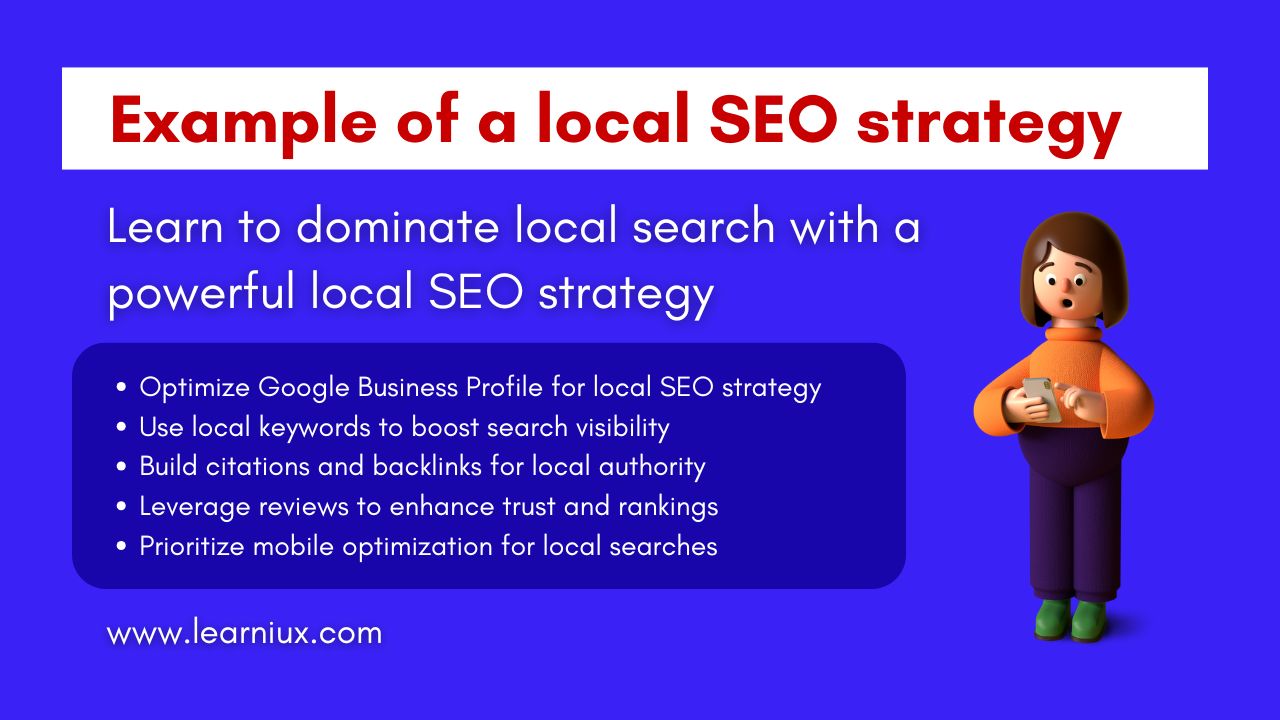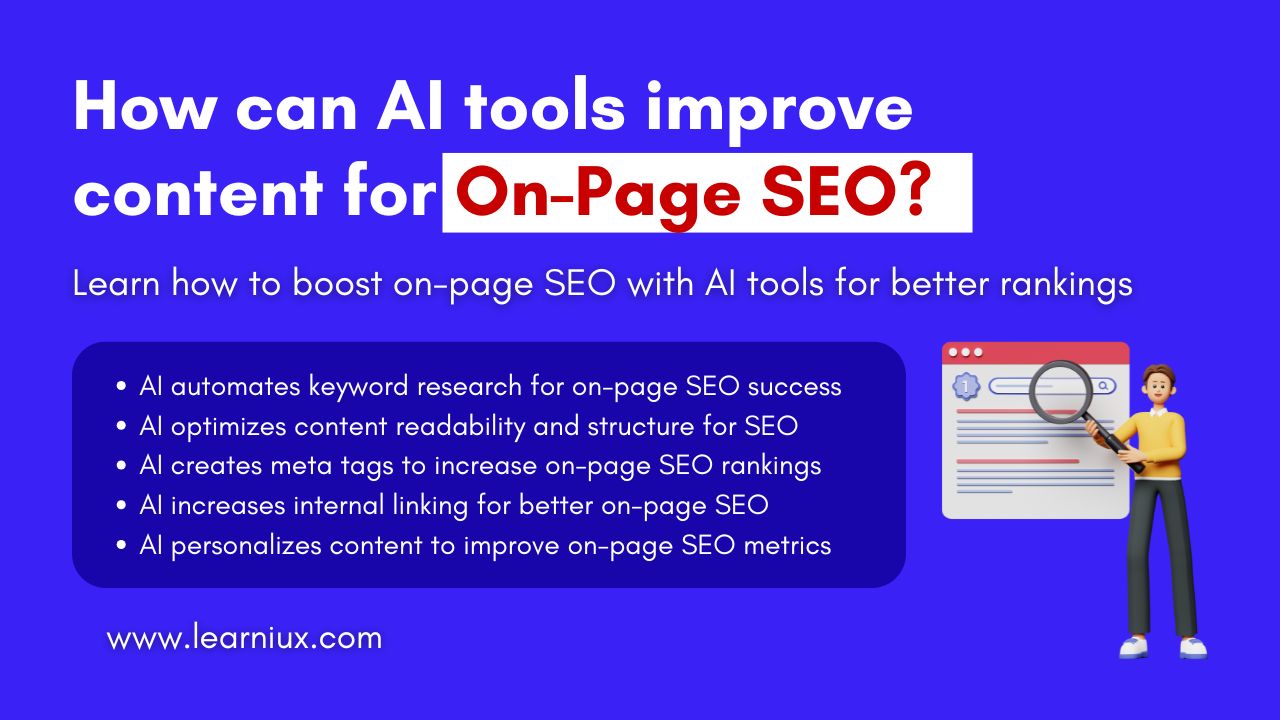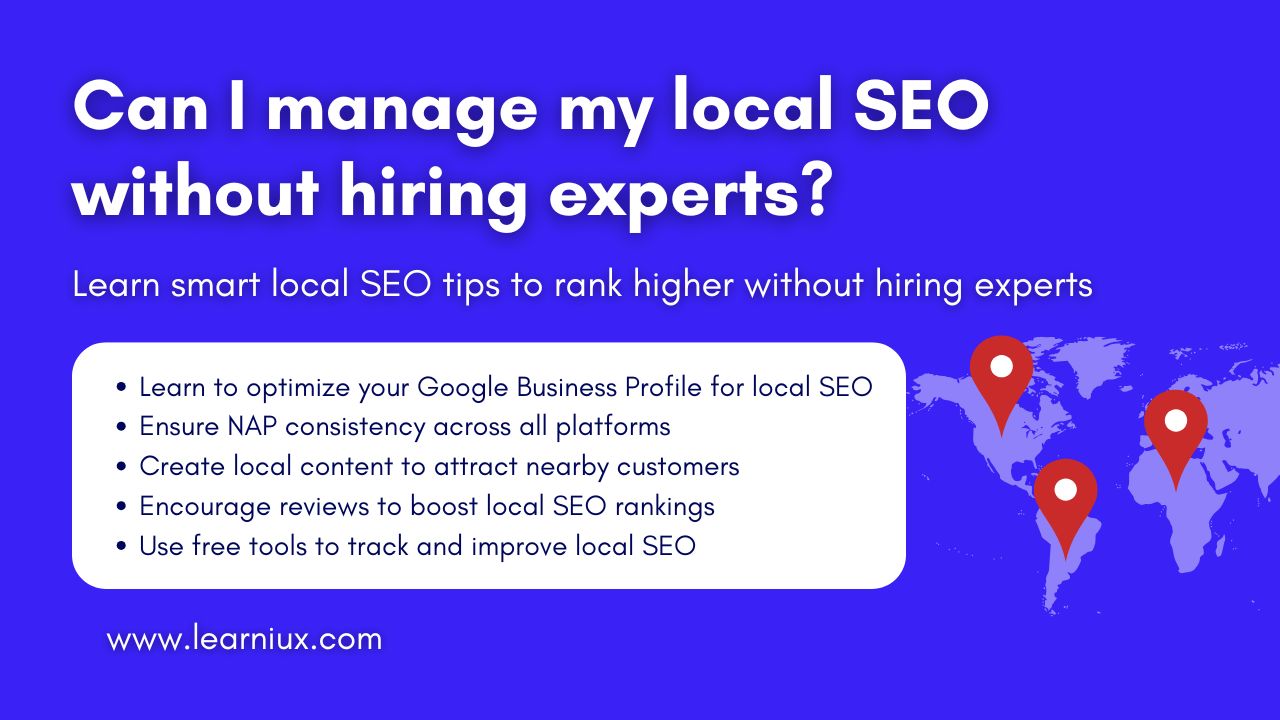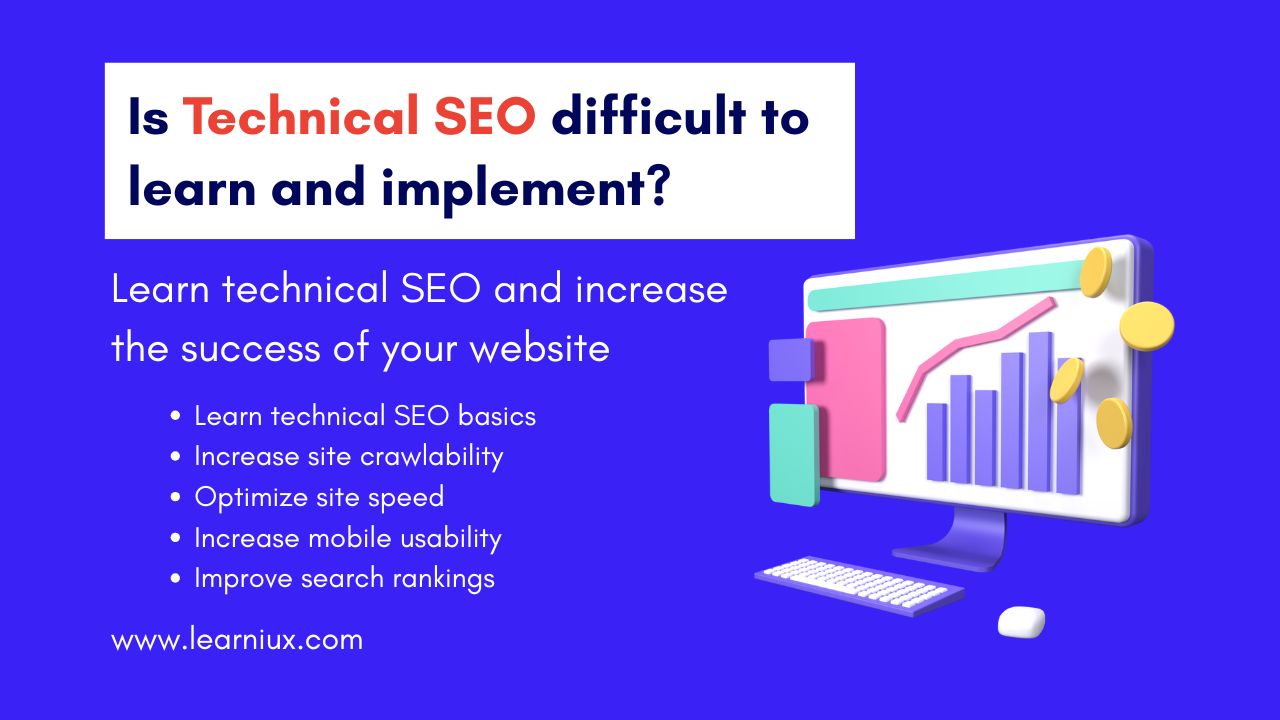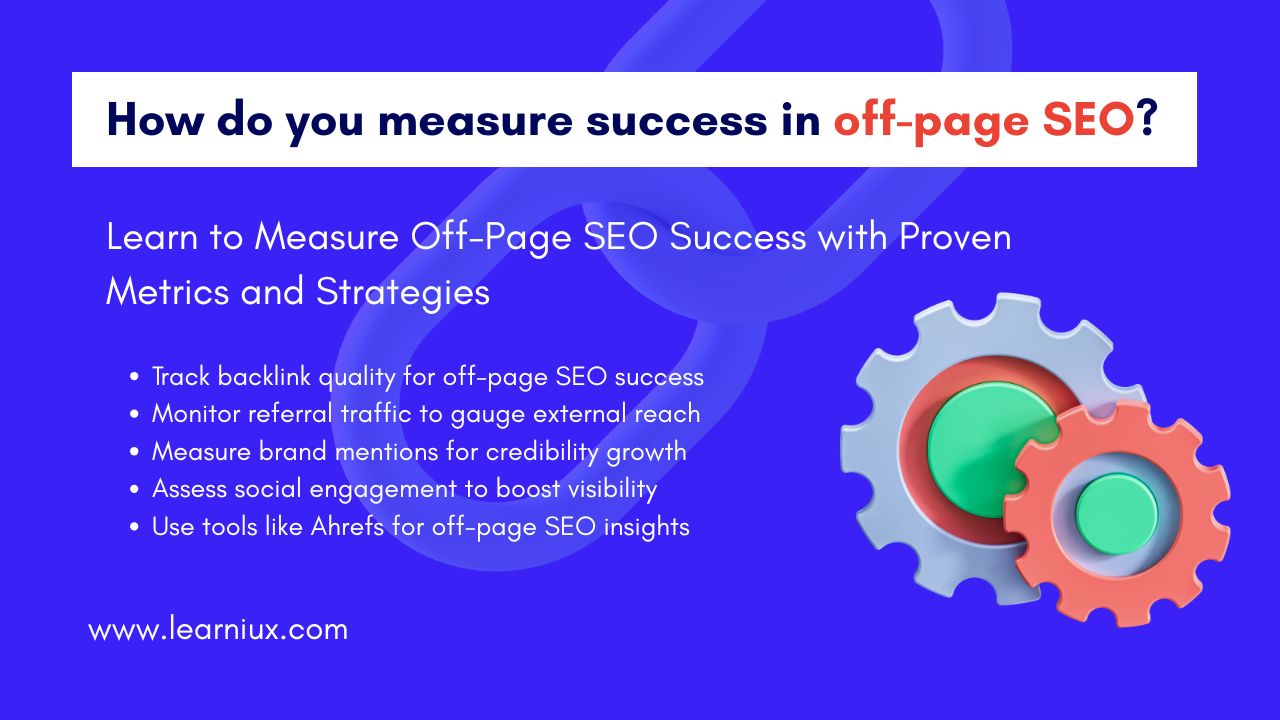Off-page SEO involves strategies implemented to increase search engine rankings outside of a website. These strategies include link building, brand monetization, and social media engagement. In today’s digital landscape, Twitter, LinkedIn, Instagram, and emerging platforms have become integral for businesses and individuals to connect with their audiences. With billions of users actively participating on these platforms, an important question arises: Does social media affect off-page SEO performance? This article takes a closer look at the relationship between social media activity and off-page SEO, exploring how they intertwine to influence a website’s visibility and authority in search engine results. By understanding this connection, businesses can leverage social media to strengthen their off-page SEO strategies and achieve better rankings.
The digital ecosystem has evolved significantly, with social media playing a significant role in shaping online visibility. Unlike on-page SEO, which focuses on optimizing website content and structure, off-page SEO relies on external factors to indicate a site’s credibility and relevance to search engines. Social media, with its broad reach and engagement capabilities, serves as a powerful tool to amplify these signals. This article examines the mechanisms through which social media contributes to off-page SEO, providing actionable insights and best practices for maximizing its impact.
Understanding Off-Page SEO
Before understanding the role of social media, it is important to understand what off-page SEO is. Off-page SEO refers to all the activities that are performed externally to improve a website’s search engine rankings. The primary components include acquiring high-quality backlinks, increasing brand mentions, and building online authority. Search engines like Google use these external signals to assess a website’s credibility and relevance. For example, a website with numerous backlinks from authoritative sources is often considered more trustworthy, leading to higher rankings.
Off-page SEO is not just about quantity, but also about quality. One backlink from a reputable site can be worth more than dozens of low-quality links. Similarly, brand mentions, even without links, contribute to a site’s authority by indicating its presence in online conversations. Social media platforms, with their ability to facilitate content sharing and user interaction, have become an important part of this ecosystem. By increasing traffic, enhancing content, and increasing engagement, social media indirectly supports off-page SEO efforts, making it a vital component of modern SEO strategies.
How Social Media Signals Impact Off-Page SEO
Social Shares and Content Reach
Social media platforms are designed to increase content reach. When users share blog posts, videos, or infographics on platforms like Twitter or Instagram, the content reaches a larger audience. This increased visibility can lead to more visits to the website, which indirectly supports off-page SEO performance. Search engines like Google have made it clear that social shares are not a direct ranking factor, but the ripple effect of shares cannot be ignored. For example, a viral post on LinkedIn can attract the attention of bloggers or industry websites, who can then link to your content. These backlinks are the cornerstone of off-page SEO, as they indicate authority and relevance to search engines.
Furthermore, social shares increase content discoverability. Well-shared content is more likely to be seen by influencers, journalists, or website owners, which increases the likelihood of getting natural backlinks. For example, a thought-provoking infographic shared on Pinterest can be picked up by a niche blog, resulting in a valuable backlink. This interaction between social shares and backlink acquisition highlights the indirect but significant impact of social media on off-page SEO performance.
Brand Mentions and Authority
Unlinked brand mentions on social media platforms contribute significantly to off-page SEO. When users discuss your brand, products, or services on platforms like Twitter or Reddit, it creates a digital footprint that search engines can find. These mentions, even without direct links, signal to search engines that your brand is relevant and trustworthy. Over time, consistent mentions across multiple platforms build brand authority, which is a key component of off-page SEO performance.
For example, a tweet praising your company’s customer service or a LinkedIn post referencing your latest blog can boost your brand’s online presence. Search engines can interpret these mentions as an indicator of trust, especially if they come from influential accounts. By building a strong social media presence, businesses can encourage organic mentions, which strengthen off-page SEO by establishing credibility and relevance in their niche.
Engagement Metrics and User Interaction
Engagement metrics such as likes, comments, shares, and retweets reflect how users interact with your content on social media. High engagement shows that your content resonates with your audience, which can indirectly boost off-page SEO performance. For example, a highly engaging post on Instagram can encourage users to visit your website, increase traffic, and improve user behavior metrics such as dwell time and bounce rate. These metrics, while not indicative of ranking factors, contribute to the overall SEO health of a website.
Additionally, higher engagement can lead to more backlinks. A viral video or thought-provoking article shared on social media can attract the attention of content creators who reference it in their own work. These backlinks boost off-page SEO by signaling to search engines that your content is valuable and authoritative. Thus, increasing engagement on social media is a strategic way to support off-page SEO efforts.
The Role of Social Media in Driving Traffic for Off-Page SEO
Referral Traffic and User Behavior
Social media is a powerful driver of referral traffic, which plays a key role in off-page SEO. When users click through to your website from a social media post, search engines track this traffic as a signal of your site’s relevance and popularity. High-quality referral traffic from platforms like Twitter or Facebook shows that users find your content valuable, which aligns with search engines’ emphasis on user experience.
User behavior metrics like time spent on your site and pages visited have a greater impact on off-page SEO performance. For example, if users on Instagram spend a significant amount of time exploring your blog, it signals to search engines that your content is engaging. This can have a positive impact on your rankings, as search engines prefer websites that provide value to users. By optimizing social media content to drive targeted traffic, businesses can increase their off-page SEO results.
Increasing Backlink Opportunities
Social media acts as a catalyst for gaining backlinks, a fundamental aspect of off-page SEO. When you share high-quality content on platforms like LinkedIn or Twitter, it increases the likelihood that it will be seen by website owners, bloggers, or journalists. These individuals can then link to your content in their articles or posts, creating valuable backlinks. For example, a well-researched white paper shared on LinkedIn can be referenced by an industry publication, boosting your off-page SEO performance.
The key to increasing backlink opportunities is creating shareable content. Visual content like infographics or videos performs well on social media, attracting more shares and increasing the likelihood of getting links. By strategically promoting content on social platforms, businesses can increase their off-page SEO by building a strong backlink profile.
Best Practices for Using Social Media to Boost Off-Page SEO
Create Shareable Content
To maximize the impact of social media on off-page SEO, focus on creating content that your audience will love. Shareable content includes infographics, how-to guides, videos, and in-depth articles that provide value. For example, a visually appealing infographic about an industry trend is more likely to be shared on platforms like Pinterest or Twitter, increasing its reach and potential for backlinks. Tailor your content to each platform’s audience to increase engagement and support off-page SEO performance.
Additionally, make sure your content is optimized for sharing. Include social sharing buttons on your website and create compelling captions that encourage clicks and shares. By making it easy for users to share your content, you increase its visibility and boost your off-page SEO efforts.
Actively engage with your audience
Active engagement is key to using social media to boost off-page SEO. Respond to comments, answer questions, and participate in discussions to build a loyal community. An engaged audience is more likely to share your content and mention your brand, both of which contribute to off-page SEO performance. For example, answering a user’s question on Twitter can lead to retweets, which can expose your content to a wider audience.
Engagement also builds trust and credibility, which are essential for building brand authority. By maintaining an active social media presence, you encourage organic interactions that indirectly support your off-page SEO strategy.
Collaborate with influencers
Collaborating with influencers can significantly increase your social media presence and off-page SEO performance. Influencers with large, engaged followers can share your content or mention your brand, driving traffic and backlinks. For example, by sharing your blog posts on Instagram, influencers in your niche can drive their followers to your website, increasing referral traffic and potential backlinks.
When collaborating with influencers, choose those whose audiences align with your target market. Authentic partnerships lead to meaningful engagement, which supports off-page SEO by increasing your brand’s visibility and authority.
Common Misconceptions About Social Media and Off-Page SEO
Social Shares as a Direct Ranking Factor
A common misconception is that social shares directly impact search engine rankings. While shares increase content visibility, major search engines like Google have stated that social signals are not a direct ranking factor. Instead, their impact on off-page SEO performance comes from indirect benefits like increased traffic and backlink opportunities. Understanding this distinction helps businesses focus on strategies that truly boost off-page SEO.
For example, a tweet with hundreds of retweets may not directly boost your rankings, but it can lead to more website visits and potential backlinks, which impact off-page SEO. Businesses should prioritize creating shareable content over chasing vanity metrics like share count.
Quantity over Quality
Another misconception is that posting frequently on social media automatically improves off-page SEO. However, quality is more important than quantity. A single high-quality post that your audience loves is more valuable than many low-effort posts. High-quality content encourages engagement, increases traffic, and attracts backlinks, all of which contribute to off-page SEO performance.
Focus on creating content that provides value, such as in-depth guides or engaging videos. This approach ensures that your social media efforts align with your off-page SEO goals.
Measuring the Impact of Social Media on Off-Page SEO
Tracking Referral Traffic
To understand how social media impacts off-page SEO, track referral traffic using tools like Google Analytics. These tools provide insights into how much traffic your website receives from social platforms and how users behave once they arrive. For example, a high dwell time from Twitter referrals indicates that your content is engaging, which supports off-page SEO performance.
By analyzing referral traffic, you can identify which platforms drive the most value and optimize your social media strategy accordingly. This data-driven approach ensures that your efforts effectively contribute to off-page SEO.
Monitoring backlink growth
Backlinks are a key component of off-page SEO, and social media can play a significant role in monetizing them. Use tools like Ahrefs, Moz, or SEMrush to monitor new backlinks to your website. Correlate backlink growth with your social media campaigns to understand their impact on off-page SEO performance.
For example, if you see an increase in backlinks after a successful Twitter campaign, it indicates that your social media efforts are driving off-page SEO results. Regularly monitoring backlink growth can help you refine your strategy for maximum impact.
Analyze brand mentions
Social listening tools like Brand24 or Mention allow you to track brand mentions across social media platforms. An increase in mentions indicates growing brand awareness, which supports off-page SEO by showing search engines authority. For example, an increase in mentions on Reddit after a viral campaign can indicate strong off-page SEO performance.
By analyzing mentions, you can measure the effectiveness of your social media strategy and its contribution to off-page SEO. This insight helps you focus on the platforms and tactics that have the greatest impact.
Advanced Strategies for Integrating Social Media and Off-Page SEO
Taking Advantage of User-Generated Content
User-generated content (UGC) is a powerful way to boost off-page SEO through social media. Encourage your audience to create content about your brand, such as reviews, testimonials, or social media posts. UGC increases brand mentions and engagement, both of which contribute to off-page SEO performance. For example, a customer sharing a positive review on Instagram can drive more traffic and potential backlinks to your site.
Create campaigns that encourage UGC, such as contests or hashtags. This approach not only increases engagement, but also strengthens your off-page SEO by driving authentic brand advocacy.
Optimize for Emerging Platforms
As new social media platforms emerge, they present opportunities to boost off-page SEO. Early adoption of platforms with a growing user base can give you a competitive edge. For example, sharing content on trending platforms can attract early adopters who are more likely to share your content, increasing its reach and potential for backlinks.
Stay informed about new platforms and experiment with content tailored to their audiences. This proactive approach ensures that your off-page SEO strategy remains relevant in a rapidly evolving digital landscape.
Integrating Social Media with Content Marketing
Social media and content marketing come together to boost off-page SEO. By creating high-quality content and promoting it on social platforms, you increase its visibility and chances of gaining backlinks. For example, a comprehensive blog post promoted on LinkedIn can attract industry professionals who link to it in their own content.
Align your content marketing and social media strategies to boost off-page SEO performance. Use social media to amplify your best content and encourage engagement, which indirectly supports your SEO goals.
Conclusion
Social media plays a crucial role in boosting off-page SEO performance by driving traffic, increasing content reach, and increasing backlink opportunities. While social signals like shares and likes are not direct ranking factors, their indirect impact through increased visibility, engagement, and brand mentions is undeniable. By creating shareable content, actively engaging with audiences, collaborating with influencers, and tracking performance metrics, businesses can leverage social media to strengthen their off-page SEO strategies. In a competitive digital landscape, integrating social media into your SEO efforts is not only beneficial but essential for increasing your website’s visibility and authority. Start implementing these strategies today to see measurable improvements in your off-page SEO performance.
FAQs
What is off-page SEO and how does social media relate to it?
Off-page SEO involves external actions taken to improve a website’s search engine rankings, such as link building and brand monetization. Social media is related to off-page SEO by increasing the reach of your content and driving traffic to your site. When users share your content on platforms like Twitter or Instagram, it increases visibility, which can lead to more backlinks. These backlinks are an important component of off-page SEO, as they indicate authority to search engines. Social media also promotes brand monetization, which increases credibility without direct links. Engagement metrics like likes and comments further support off-page SEO by encouraging user interaction. By promoting your content on social platforms, you create opportunities for organic backlinks and monetization. This indirect effect makes social media a valuable tool for off-page SEO strategies. Finally, a strong social media presence complements off-page SEO efforts by increasing visibility and authority.
Do social media shares directly improve search engine rankings?
Social media shares do not directly improve search engine rankings, as major search engines like Google have stated that social signals are not direct ranking factors. However, shares do have a significant indirect impact on off-page SEO performance. When content is widely shared on platforms like LinkedIn or Facebook, it reaches a larger audience, which increases the likelihood of getting backlinks. These backlinks from reputable sites increase off-page SEO by showing authority to search engines. Shares also increase referral traffic, which can improve user behavior metrics like dwell time. High engagement from shares can attract bloggers or websites to reference your content, which can further increase off-page SEO. By creating shareable content, you increase its visibility and potential for organic links. Thus, while not a direct component, social shares play an important role in supporting off-page SEO efforts.
How can social media drive traffic to support off-page SEO?
Social media drives traffic to your website by sharing engaging content that encourages users to click through. Platforms like Twitter, Instagram, and LinkedIn allow you to reach a targeted audience that is likely to visit your site. This referral traffic signals to search engines that your content is valuable, which supports off-page SEO performance. High-quality traffic can improve metrics like downtime and bounce rate, which indirectly impact rankings. For example, an engaging post on Facebook can encourage users to explore your blog, which increases engagement. Social media content also increases visibility, which increases the likelihood that it will be linked to by other websites. These backlinks are the cornerstone of off-page SEO, increasing your site’s authority. By optimizing your posts with a clear call-to-action, you can increase traffic and its SEO benefits. Consistent traffic from social media strengthens your off-page SEO strategy over time.
Why are brand mentions on social media important for off-page SEO?
Brand mentions on social media, even without links, contribute to off-page SEO by building brand authority and trust. When users discuss your brand on platforms like Reddit or Twitter, it creates a digital footprint that search engines can find. These mentions are key components of off-page SEO performance, demonstrating relevance and credibility. For example, a positive mention in a LinkedIn post can increase your brand’s reputation. Over time, consistent mentions on the platform establish your site as a trusted source in your niche. This increased authority can indirectly improve search rankings by aligning with search engine trust signals. Mentions also encourage engagement, which can lead to more traffic and backlinks. By building a strong social media presence, you encourage organic mentions that support off-page SEO. Monitoring these mentions helps you measure their impact on your SEO efforts.
Can social media engagement metrics impact off-page SEO?
Yes, social media engagement metrics like likes, comments, and shares indirectly impact off-page SEO performance. High engagement indicates that your content resonates with your audience, which can lead to increased website traffic. This traffic improves user behavior metrics, such as dwell time, that search engines consider for rankings. Engaged users are more likely to share your content, which increases its reach and potential for backlinks. For example, a viral Instagram post can attract bloggers to link to your site, which can boost off-page SEO. Engagement also encourages brand mentions, which shows search engines that you are an authority. By creating content that drives engagement, you increase its visibility and link-building potential. Tools like social listening platforms can help you track the impact of engagement on off-page SEO. Overall, strong engagement supports a strong off-page SEO strategy by increasing traffic and authority.
How can I use social media to get backlinks for off-page SEO?
To get backlinks using social media, create high-quality, shareable content like infographics, videos, or in-depth articles. Share this content on platforms like LinkedIn or Twitter to reach a wide audience, including bloggers and website owners. When your content resonates, it increases the likelihood that others will link to it, a key factor in off-page SEO performance. For example, a well-crafted post shared on Pinterest can attract specific websites to reference your site. Collaborating with influencers can increase the reach of your content, encouraging more backlinks. Actively engage with your audience to increase visibility and interaction, which can lead to organic link opportunities. Use analytics to track which platforms drive the most backlinks. Consistently promoting valuable content on social media strengthens your off-page SEO by building a strong backlink profile. Monitor your success with tools like Ahrefs.
What type of social media content is best for off-page SEO?
Content that is engaging, informative, and shareable performs best for off-page SEO on social media. Infographics, videos, how-to guides, and in-depth blog posts attract more shares and engagement. For example, a visually appealing infographic shared on Pinterest can drive traffic and backlinks, supporting off-page SEO performance. Content tailored to each platform’s audience, such as short videos for Instagram or professional articles for LinkedIn, increases impact. Including a clear call-to-action encourages users to visit your site, which increases referral traffic. High-quality content also increases the likelihood of brand mentions and organic links from other websites. Focus on topics relevant to your niche to attract the right audience. By creating valuable content, you increase its shareability and off-page SEO benefits. Regularly analyze engagement metrics to improve your content strategy.
How do I measure the impact of social media on off-page SEO?
To measure the impact of social media on off-page SEO, use tools like Google Analytics to track referral traffic from platforms like Twitter or Facebook. To assess the quality of traffic that supports off-page SEO performance, monitor user behavior metrics like dwell time and bounce rate. Tools like Ahrefs or Moz can track new backlinks, allowing you to correlate link growth with social media campaigns. Social listening tools like Brand24 allow you to monitor brand engagement on platforms, which indicates increased authority. For example, an increase in mentions after a viral post indicates strong off-page SEO. Analyze engagement metrics like shares and comments to measure content reach. By combining these insights, you can assess how social media drives traffic, mentions, and backlinks. Review data regularly to optimize your strategy for better off-page SEO results.
How does consistency of social media content affect off-page SEO?
Consistency in posting high-quality content on social media platforms strengthens off-page SEO performance by maintaining audience engagement. Regular posts keep your brand visible, encouraging shares and mentions that increase content reach. For example, a steady stream of valuable posts on LinkedIn can attract industry professionals who can link to your site. Consistent activity also builds brand authority, which is an important factor in off-page SEO, as search engines recognize frequent mentions. It fosters a loyal community, which increases the likelihood of organic backlinks and traffic. However, inconsistent posting can lead to a decrease in engagement and visibility, limiting off-page SEO benefits. Scheduling tools can help maintain a regular posting cadence. By aligning content with your audience’s interests, you increase its shareability. Finally, consistent social media activity supports off-page SEO by driving ongoing engagement and authority.
Can social media advertising contribute to off-page SEO performance?
Social media advertising can contribute to off-page SEO by driving targeted traffic to your website, which signals relevance to search engines. Ads on platforms like Instagram or Facebook can promote content to a specific audience, leading to increased clicks and engagement. This referral traffic improves user behavior metrics like dwell time, indirectly supporting off-page SEO performance. Ads also increase content visibility, increasing the likelihood of gaining backlinks from viewers like bloggers or journalists. For example, a sponsored post on Twitter featuring a blog can attract links from specific sites. However, ads should be paired with high-quality content to maximize impact. Tracking ad-driven traffic with tools like Google Analytics helps measure SEO benefits. By targeting relevant audiences, ads boost off-page SEO through increased traffic and link opportunities. Strategic ad campaigns are a powerful tool for boosting off-page SEO.
How does user-generated content on social media impact off-page SEO?
User-generated content (UGC), such as reviews or posts about your brand, boosts off-page SEO by increasing brand mentions and engagement. When users share content about your brand on platforms like Twitter or Instagram, it creates organic signals of trust and relevance. These mentions increase brand authority, which is a key aspect of off-page SEO performance, even without direct links. UGC also increases traffic as followers may visit your site after seeing a positive review. For example, a customer’s Instagram post about your product can attract backlinks from a blog. Promoting UGC through contests or hashtags increases its impact. Authentic UGC builds community trust, which leads to more shares and mentions. Monitoring UGC with social listening tools helps track its SEO benefits. Overall, UGC strengthens off-page SEO by increasing visibility and credibility.
Why is audience targeting on social media important for off-page SEO?
Audience targeting on social media ensures that your content reaches users who are likely to engage, which supports off-page SEO performance. By creating posts for specific demographics on platforms like LinkedIn or Facebook, you increase shares, comments, and traffic. Targeted content resonates better, encouraging users to visit your site, and improving metrics like bounce rate. For example, a niche-specific post on Reddit can attract relevant traffic and potential backlinks. Targeting also encourages brand mentions from an engaged audience, demonstrating authority to search engines. Poorly targeted content can fail to drive meaningful engagement, limiting off-page SEO benefits. Use platform analytics to refine your targeting strategy. Effective targeting increases the reach and link opportunities of your content. By focusing on the right audience, you increase off-page SEO through relevant traffic and mentions.
Can social media hashtags improve off-page SEO performance?
Hashtags on social media improve off-page SEO by increasing content discoverability and engagement. Relevant hashtags on platforms like Instagram or Twitter make your posts visible to users searching for a specific topic. This broad reach can drive traffic to your website, supporting off-page SEO performance through better user metrics. Hashtags also encourage shares and mentions as users discover and engage with your content. For example, trending hashtags on Twitter can attract bloggers to link to your site. Using niche-specific hashtags ensures that your content reaches the right audience. However, overuse of irrelevant hashtags can reduce engagement and SEO impact. Analyze hashtag performance with platform tools to optimize usage. Strategic hashtag usage increases content visibility, indirectly boosting off-page SEO through traffic and backlinks.
How does cross-platform promotion affect off-page SEO?
Cross-platform promotion involves sharing content across multiple social media platforms to increase reach, which supports off-page SEO performance. By posting to Twitter, Instagram, and LinkedIn, you expose your content to a variety of audiences, increasing shares and traffic. For example, a video shared on YouTube and promoted on Twitter can increase clicks and potential backlinks. This multi-platform approach increases brand mentions, increasing authority for off-page SEO. Each platform’s unique audience can contribute to engagement, leading to more link opportunities. Consistency across platforms strengthens brand credibility, a key SEO factor. Use analytics to identify which platforms are making the most impact. Tailor content to each platform for optimal engagement. Cross-platform promotion strengthens off-page SEO by increasing visibility, traffic, and authority in the digital landscape.
How do negative social media interactions affect off-page SEO?
Negative interactions, such as critical comments or mentions, can harm off-page SEO performance if not managed properly. Negative sentiment on platforms like Twitter can damage brand credibility, reducing trust signals to search engines. For example, unresolved complaints on Facebook can deter users from visiting your site, reducing traffic and engagement. Negative mentions can also discourage backlinks, as websites avoid linking to controversial brands. However, addressing negative feedback promptly can minimize the damage and show professionalism. Constructively interacting with critics can turn negative interactions into positive ones, which supports off-page SEO. Monitoring platforms with social listening tools can help identify problems early. By maintaining a positive online reputation, you protect your off-page SEO benefits. Proactive reputation management ensures that negative interactions don’t undermine your SEO efforts.
Can social media analytics tools help optimize off-page SEO?
Social media analytics tools like Hootsuite or Sprout Social help optimize off-page SEO by providing insights into traffic, engagement, and mentions. These tools track how much referral traffic your website receives from platforms like Instagram, supporting off-page SEO performance. They also measure engagement metrics like shares and comments, which indicate content reach and link potential. For example, high engagement on LinkedIn posts can be associated with increased backlinks. Analytics reveal which platforms and content types drive the most SEO value. Monitoring brand mentions helps assess authority, which is a key off-page SEO factor. Use these insights to refine your social media strategy for better results. Regular analysis ensures that your efforts align with off-page SEO goals. Analytics tools are essential to maximizing the SEO impact of social media.
How does video content on social media support off-page SEO?
Video content on social media, such as tutorials or vlogs, supports off-page SEO by increasing engagement and traffic. Platforms like YouTube or TikTok are ideal for sharing videos that attract views, shares, and comments. High engagement increases the likelihood of users visiting your website, increasing referral traffic for off-page SEO performance. Videos also have high shareability, encouraging backlinks from blogs or websites. For example, a viral YouTube video can be embedded on a specific site, increasing off-page SEO. Optimize videos with clear calls-to-action to drive clicks. Investing in video content increases brand mentions, signaling authority to search engines. Use analytics to track video performance and its SEO impact. By prioritizing video content, you strengthen off-page SEO through increased visibility and links.
Should small businesses prioritize social media for off-page SEO?
Small businesses should prioritize social media for off-page SEO, as it offers a cost-effective way to increase visibility and authority. Sharing content on platforms like Instagram or Twitter increases traffic and engagement, which helps with off-page SEO performance. For example, posting on Facebook for a local business can attract potential backlinks from local customers and community sites. Social media also increases brand awareness, which increases the credibility of small brands. Limited budgets make social media a much easier tool than traditional link-building methods. Interacting with your audience builds trust, which leads to more shares and link opportunities. Small businesses can use free analytics tools to track impact. Prioritizing platforms that are relevant to their audience maximizes results. By strategically using social media, small businesses can significantly improve off-page SEO results.

